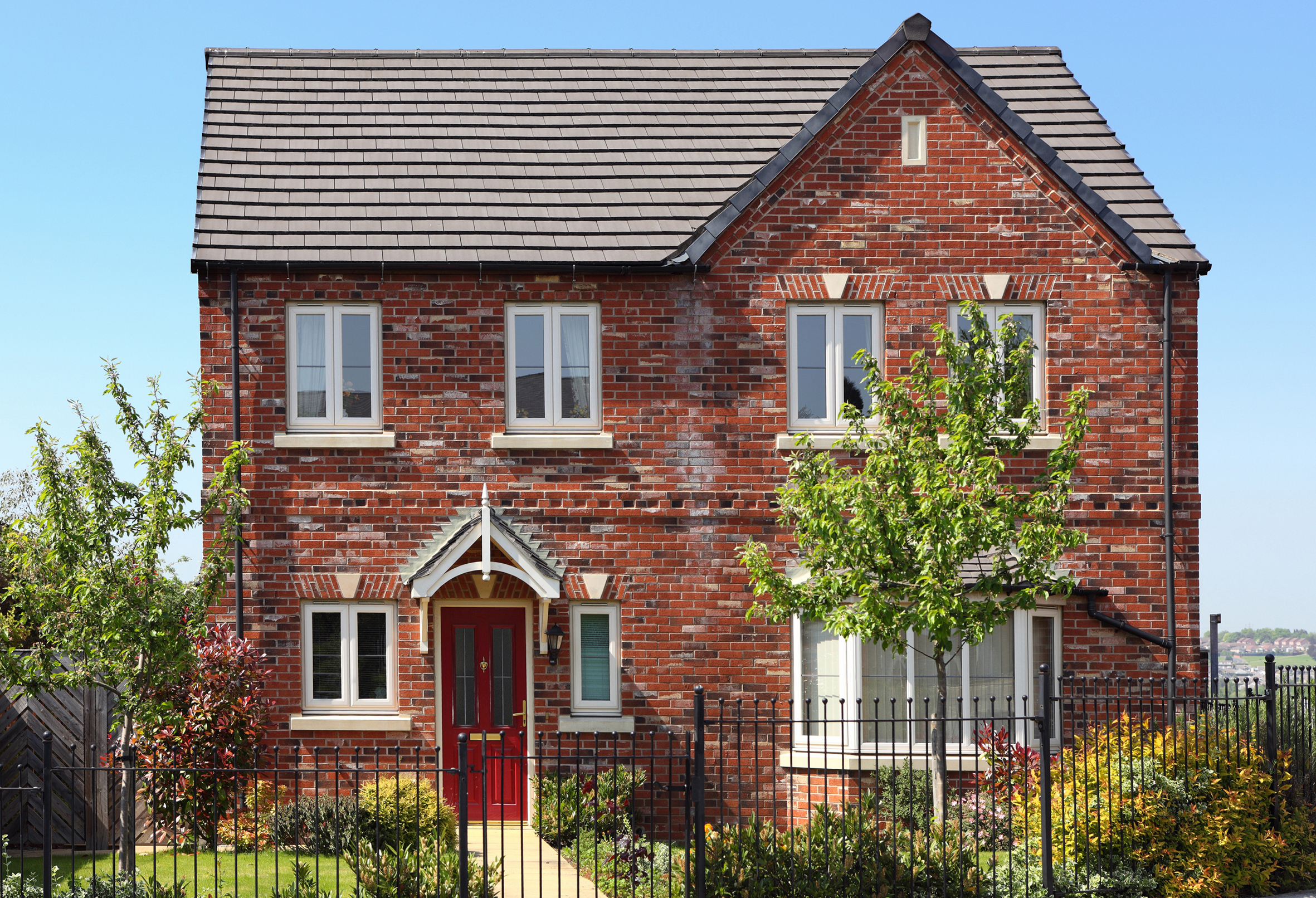First-time Buyer
First-time buyers stung by 20 per cent Help to Buy premium

First-time buyers in Yorkshire, the West Midlands and the North West are being forced to pay a premium of more than 20 per cent to buy a new-build home if they use Help to Buy, putting them at risk of being in negative equity.
The research by Reallymoving, a comparison website, analysed the purchases of 41,500 first-time buyers last year.
It found that those purchasing a new-build home in England using the Help to Buy scheme paid on average £303,450 in the 12 months to September. Analysed by post code area, the firm found on average first-time buyers using the scheme paid ten per cent more for their home than those who bought without help from the government.
Regions in the Midlands and North of England, however, paid double the premium if they used Help to Buy, with Scotland not far behind. Scottish buyers are paying an extra 15 per cent more for a home bought using the scheme, than those buying independently.
Londoners are paying just over the UK average premium at 12 per cent.
The Help to Buy scheme is a government initiative that allows buyers to purchase a new-build home with a five per cent deposit. The government then lends the buyer a further 20 per cent as an equity loan. The remaining 75 per cent of the purchase price is made up of mortgage finance.
The loan is interest free for five years. In the sixth year interest becomes payable.
Reallymoving chief executive Rob Houghton said: “Help to Buy might be better named Help to Sell, since our research shows that despite the scheme’s popularity with buyers, housebuilders are the ones reaping the benefits.
“Most first-time buyers find it difficult to raise a deposit and as a consequence they are being cornered into the new-build sector, where homes already command higher prices, before paying an additional premium on top if they need to use a Help to Buy Equity Loan.
“In many cases they simply don’t have the deposit required to explore other options such as buying a second-hand home, which may offer considerably better value.”
Developer profits
The scheme has been heavily criticised for enabling developers to charge more for homes sold using the Help to Buy scheme because buyers have access to larger deposit.
Last month housebuilding giant Barratt Developments announced pre-tax profits of £910m. According to the Times, this takes its pre-tax profit per home to £50,400 up from £14,053 before the equity loan scheme was introduced.
“When buyers come to sell, they could find themselves in negative equity and unable to compete with new developments nearby offering Help to Buy, forcing them to accept a lower price,” added Houghton.
The current Help to Buy Equity Loan Scheme will be replaced by a new version launching in April 2021 that will be restricted to first-time buyers only and for properties with a market value up to new regional price caps. It will run for two further years before closing in March 2023.